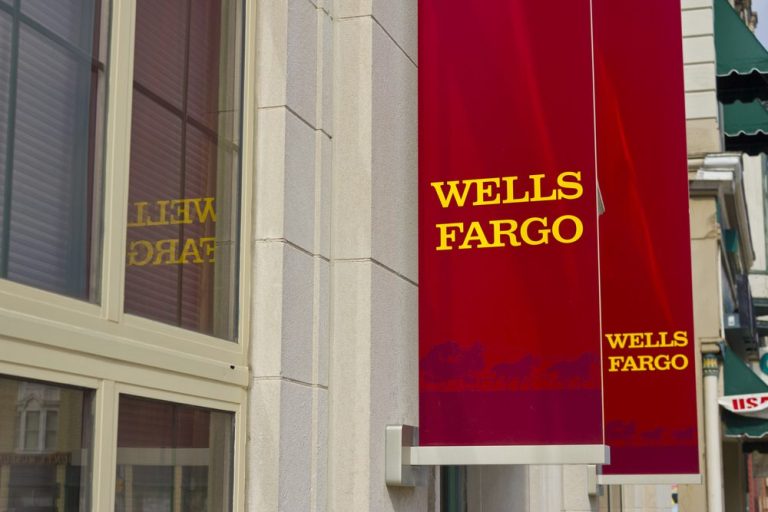Wells Fargo: Credit Card Revenues up 6% as Consumer Spending Remains Resilient

The $3.7 billion settlement with the Consumer Financial Protection Bureau (CFPB) hit Wells Fargo’s profits.
But the bank’s management was sanguine Friday (Jan. 13) on digital initiatives and consumers’ continued embrace of credit cards and a willingness to keep spending.
In the meantime, echoing banking peers, the company took the opportunity in the fourth quarter to boost its provisions for loan losses to $957 million in the most recent quarter, and up from $452 million last year. Consumer net loan charge-offs were up $88 million to 0.5% of average loans, according to the latest supplementals.
CEO Charles Scharf said during the conference call with analysts that even though charge-offs have increased, “credit quality remained strong.”
The percentage of the company’s card loans that are 30+ days late stood at 2.1% in the most recent quarter, up from 1.5% last year. New card offerings, including Wells Fargo Autograph, have helped drive a 31% increase in new credit card accounts in 2022, Scharf said, and credit card sales volume at the point of sale (POS) was up 17% from last year to $32.3 billion.
Card revenues in the most recent quarter ending Dec. 31 were up 6%, management said.
Credit and Debit Remain Resilient
Management noted on the call that almost all categories showed double-digit percentage point gains. Debit card point of sale volume in the fourth quarter stood at $124 billion, compared to $122.4 billion last year. Auto loan originations were down markedly, to $5 billion from $9.4 billion last year.
With a nod to the CFPB settlement noted above (which cut profits in the quarter roughly in half) — over its conduct tied to some consumers’ checking accounts, auto loans and mortgages, Scharf said that “while our risk and regulatory work hasn’t always followed a straight line and we have more to do, we’ve made significant progress.”
As to that progress: He pointed to gains in various consumer-facing initiatives, such as early payday — which makes eligible direct deposits available up to two days early, and “extra day grace,” which gives eligible customers an extra business day to make deposits to avoid overdraft fees. He added that during the fourth quarter, the company launched Flex Loan, its digital-only small loan product.
He said that mobile banking continues as an area of growth, as active mobile customers year up 4% year on year to 28.3 million, with 6.6 billion mobile logins.
Thus far into the economic cycle, he said, inflation’s impact on consumer spending for goods and services has been manageable.
“Though there will certainly be some industries and segments of consumers that are more impacted than others, the rate of impact we see in our customer base is not materially accelerating,” he told analysts.
Chief Financial Officer Mike Santomassimo said that, with a nod to credit losses, “we expect them to continue to return toward pre pandemic levels over time as the Federal Reserve continues to take actions to combat high inflation.”